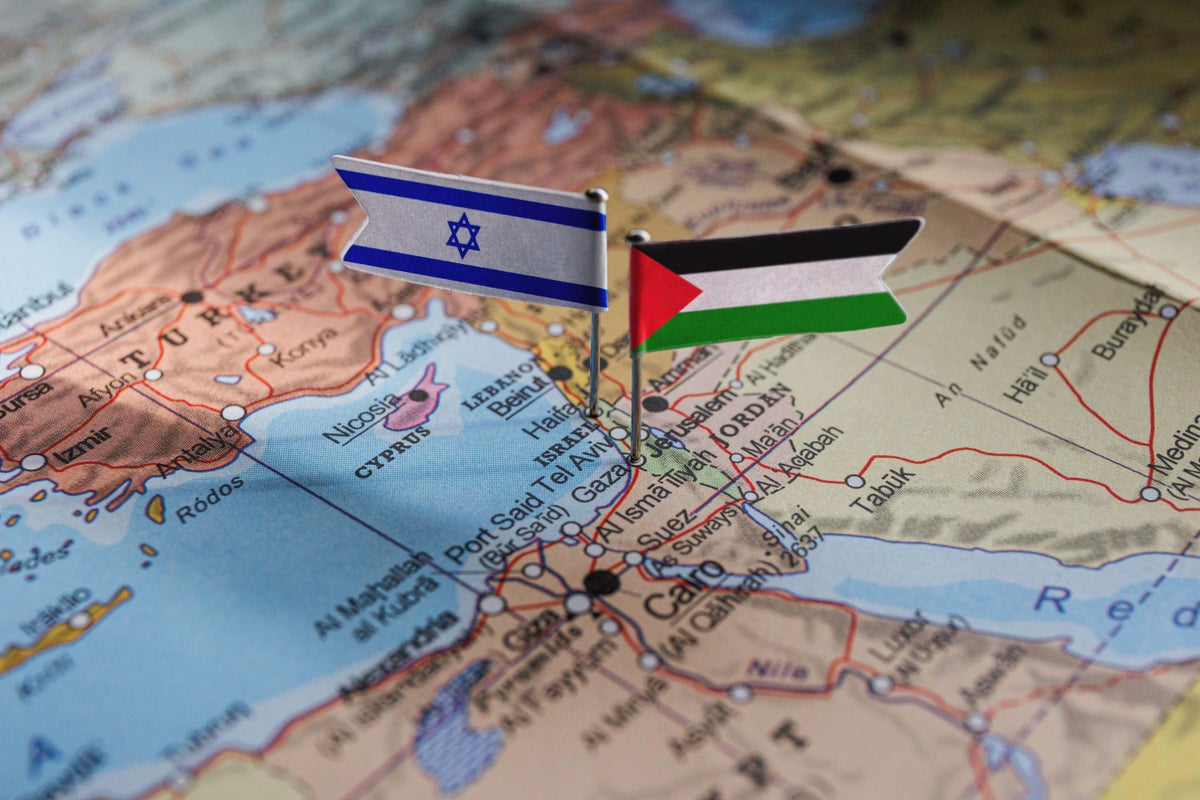The potential recognition of Palestinian statehood by the United Kingdom represents a significant shift in UK foreign policy, prompting crucial questions about its practical implications and broader impact on the protracted Israel Gaza conflict. This move, championed by Labour leader Sir Keir Starmer, underscores growing international pressure for a definitive resolution in the region amidst a worsening humanitarian crisis.
Sir Keir Starmer has publicly stated that if Israel does not agree to an immediate ceasefire and commit to a two-state solution in Gaza, the UK will proceed with recognizing a Palestinian state by September. This declaration comes in response to grave warnings from a UN-backed food security body, highlighting the severe famine conditions escalating within the embattled enclave, necessitating urgent humanitarian intervention.
The UK’s consideration follows a trend among other European nations, with France recently announcing its intention to recognize Palestinian statehood by September, a stance agreed upon during discussions between Sir Keir, French President Emmanuel Macron, and German Chancellor Friedrich Merz. This coordinated international diplomacy reflects a growing consensus on the need for decisive action to foster Middle East peace.
Dr. Julie Norman, an expert in Middle Eastern politics, suggests that UK recognition would likely involve a vote at the United Nations. However, the prospect of the UN formally recognizing Palestinian statehood faces significant hurdles, primarily due to the strong likelihood of a United States veto. This highlights the complex geopolitical dynamics at play within international diplomacy.
Despite potential UN obstacles and the Israeli government’s strong rejection of such a move, Dr. Norman emphasizes that the UK officially recognizing Palestinian statehood would still hold considerable “value.” While it might not immediately alter realities on the ground in the short term, it would strategically position Palestine more favorably in future discussions aimed at resolving the enduring conflict and advancing Middle East peace.
Concrete changes resulting from recognition could include practical diplomatic steps, such as the potential opening of a Palestinian embassy in London. Sir Vincent Fean, a former British consul general to Jerusalem, clarified that such recognition would mean the UK would acknowledge Palestinian passports as official documents of a state. This distinction is crucial, emphasizing recognition of the entity rather than specific governing factions like Hamas. The Palestinian Authority, the main governing entity in the West Bank, would continue its recognized communication with the UK.
The Palestinians seek an independent state based on the lands Israel captured in the 1967 six-day war – the West Bank, East Jerusalem, and Gaza. The concept of a two-state solution, anchored in Israel’s pre-1967 boundaries, has long been the bedrock of peace talks. France’s recent announcement makes it the latest country to recognize Palestine, following Spain, Ireland, and Norway last year, underscoring evolving global perspectives on the Israel Gaza conflict.
Approximately 144 out of 193 UN member states currently recognize Palestine as a state, predominantly nations from the global South, along with key players like Russia, China, and India. While only a handful of EU members have extended recognition, this broad international support for Palestinian statehood demonstrates a significant global alignment towards the principles of self-determination and international diplomacy.
Dr. Norman concludes that such recognition would further isolate the United States as the primary major power staunchly backing Israel to the exclusion of Palestine. This growing international unity around Palestinian self-determination, a principle long supported by the UK, signifies a critical juncture in the pursuit of Middle East peace and resolving the complexities of the Israel Gaza conflict.





Leave a Reply